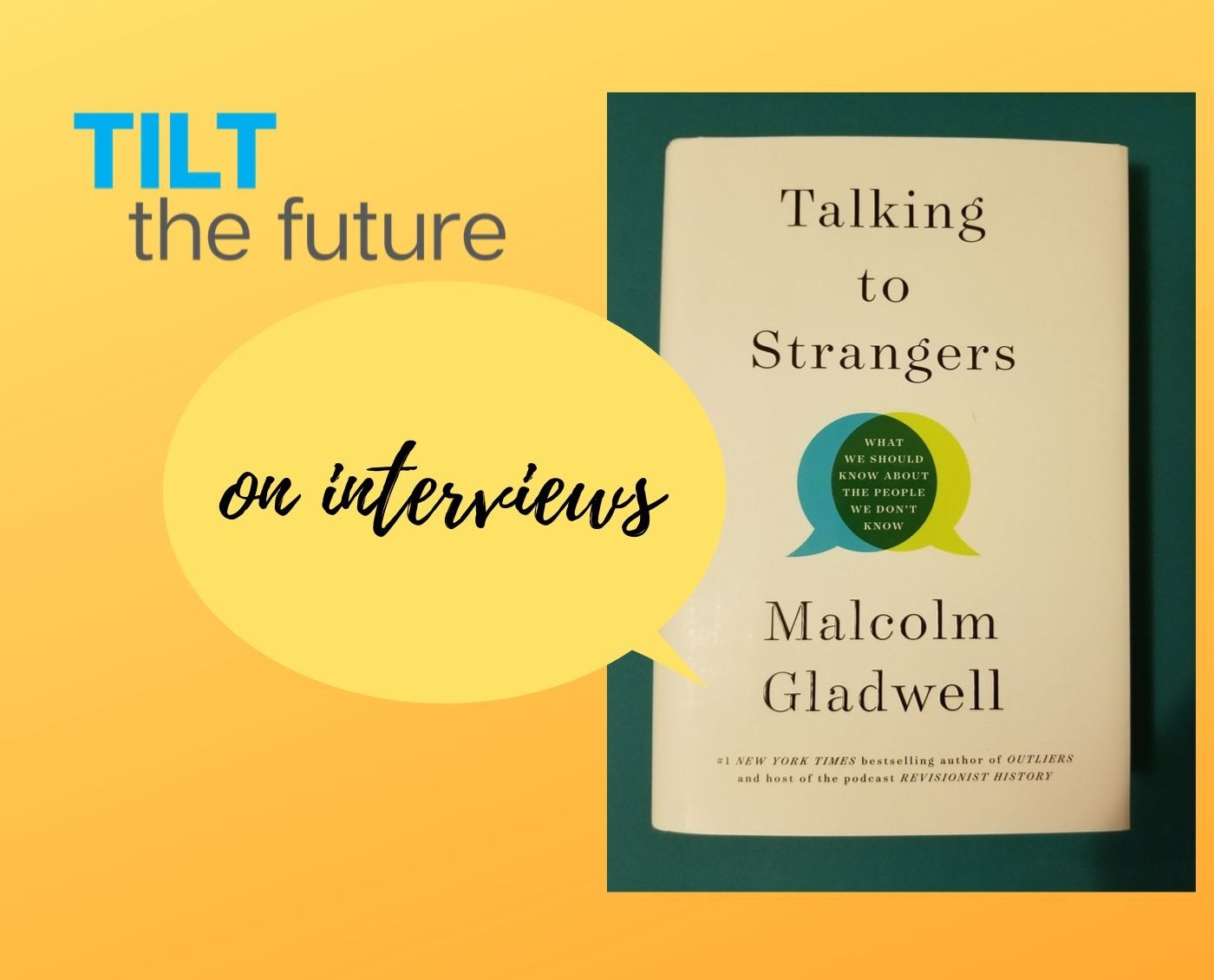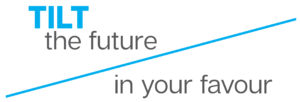
08 Oct Malcolm on Job Interviews
Sharing a little more from the interview with Malcolm Gladwell as he discussed his latest book Talking to Strangers (#TalkingToStrangers)
Interviews and Interviews
This episode is dedicated to first impressions. In particular, a segment of first impressions that affects so many young adults as they go about creating their careers.
What got my attention was an interesting discussion between him and Heather Reisman on the role and value of face-to-face job interviews – a normal, essential, crucial part of the interview process in most organizations.
Based on his research, he says, there is little evidence that we are accurately able to evaluate a candidate that first day, particularly to predict their longer-term contributions to the organization.
That felt like a body blow!
What?
But don’t take it personally if you are the interviewer. In the book, he details case study after case study of experienced individuals who are very adept in their roles making the wrong call with individuals – the Madoff case being one such example.
We tend to make a judgment based on how the person handles themselves. And from that we extrapolate more than their ability to get just the basics of the job done.
Transparency
Till now, we have used this concept of transparency first raised by Darwin in his book The Expression of the Emotions in Man and Animals, where he suggested that our smiles and facial expressions of disgust were an evolutionary way for us to communicate our emotions to one another. It works for the most part, but not for everyone.
Not for those like Amanda Knox that he calls ‘mismatched’.
And not always across cultures, as his description of the Jarillo and Crivelli study with the Trobrianders described.
People like us
Conversations about culture fit interviews and Seth Godin’s ‘people like us’ start swirling through my mind. There is a famous example that Gladwell referenced in Blink about the blind auditions for professional symphonies. Women were assumed to be incapable of interpreting complex classical music. It was an industry bias that was gradually overturned as orchestras started doing blind auditions, hiring based solely on sound. And the current gender composition of many orchestras internationally speaks to that inherent bias.
As we step into the world of algorithms and the people who are designing them, this is an essential discussion on bias. This book, with its debate on our natural tendency for transparency, is very timely. We have to re-evaluate how we read more about an individual than meets the eye.
Communications skills in Future of Work context
What is it that makes you a better communicator? In guiding young adults in the more valued EQ skills for the Future of Work, Communication, especially cross-cultural or global communication is very high on the list. Our ability to interact with strangers shrinks the edges of our world.
It turns out that our perceptions in that first encounter are crucial. As the title ‘Talking to strangers’ suggests, these are the moments and days before we create a relationship and learn more about someone. The subtitle clarifies it ‘What we should know about the people we don’t know’. Or in terms of this conversation, ‘what we should know about the people we don’t (yet) know (well)’
First impressions from interviews
In light of this book, I see many an organization going back and looking carefully at their hiring process, especially for clearly transactional roles.
But I also see many people start the discussion ‘people like us’ how do we go about creating an atmosphere of engaging the person on the other side of the table civilly, with caution, empathy and kindness.
I think it may tilt the way we do interviews and the way we view interviews going forward.



No Comments